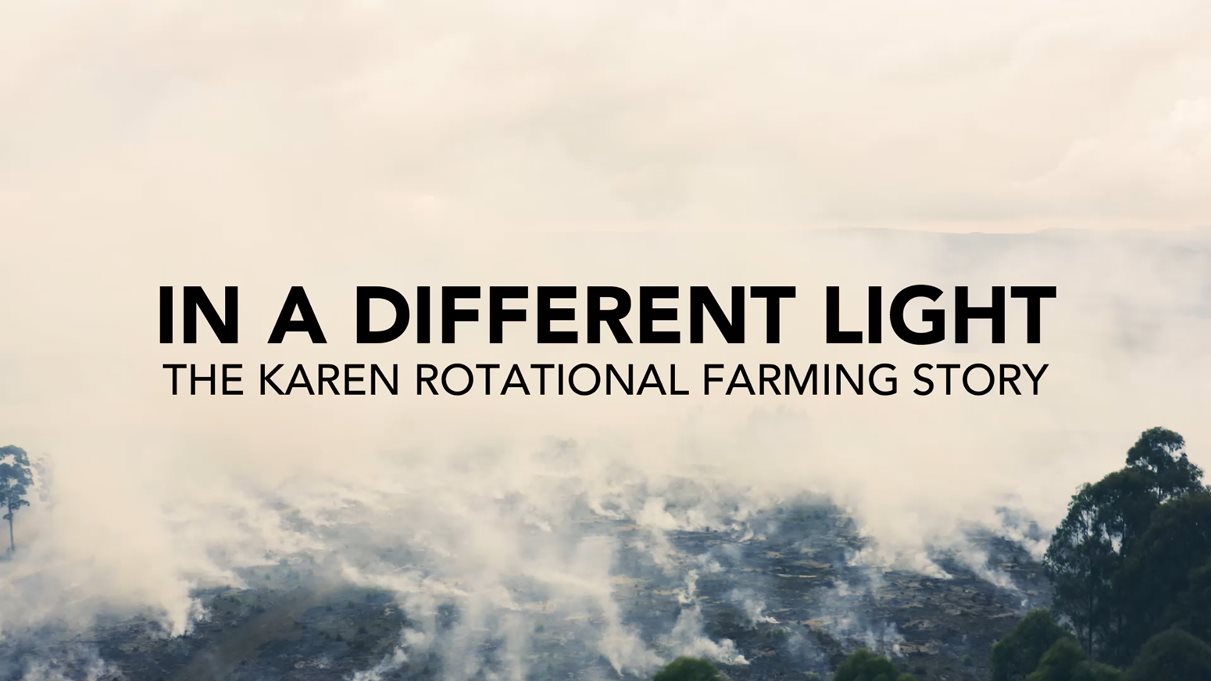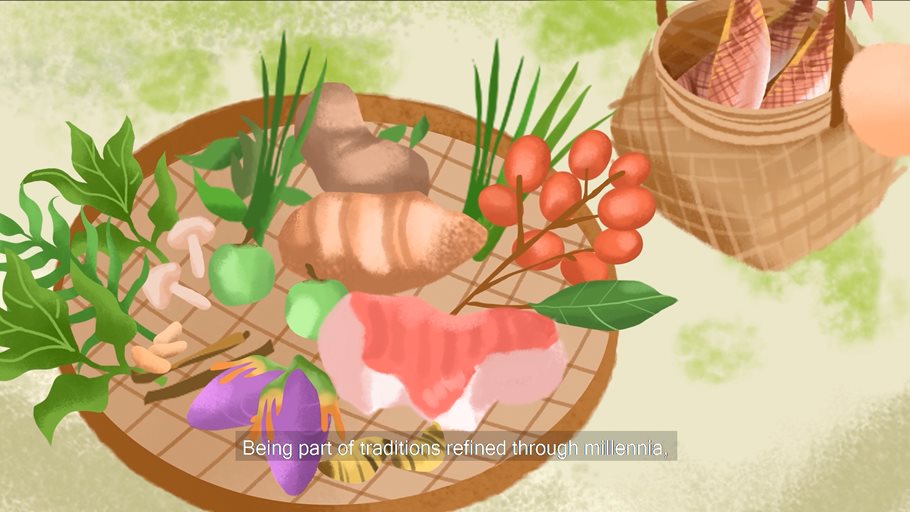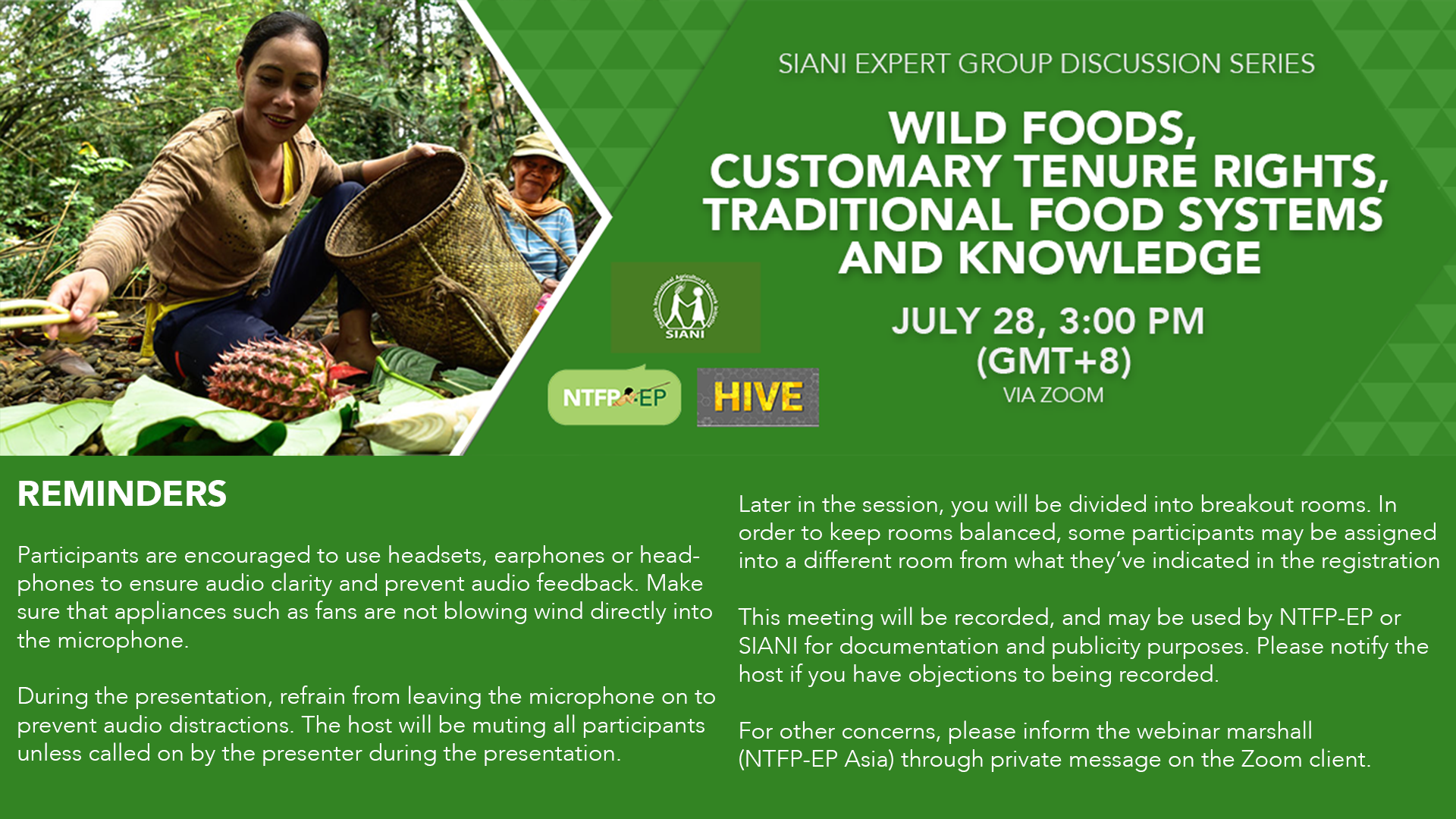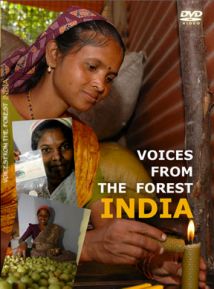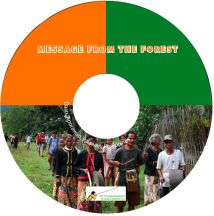Rotational farming, also called shifting cultivation or swidden agriculture by some, is one of the most misunderstood systems of land use. Many ASEAN countries have laws criminalizing or banning the practice, but for indigenous peoples, rotational farming is a sustainable practice closely interlinked into their lives and culture.
NTFP-EP and PASD Thailand present a short film on how the Karen indigenous peoples in northern Thailand practice rotational farming. It explores how rotational farming has helped them provide for their food security, while also contributing to the sustainable management of their forest ecosystems.
In a Different Light – The Karen Rotational Farming Story
A co-production by NTFP-EP Asia and PASD Thailand
With support from the Swiss Agency for Development and Cooperation and Swedish Society for Nature Conservation
Directed by: Jon Robin Bustamante
Production lead: Jan Gabriel Cabanos
Producers: Dazzle Labapis, Songphonsak Ratanawilailak

